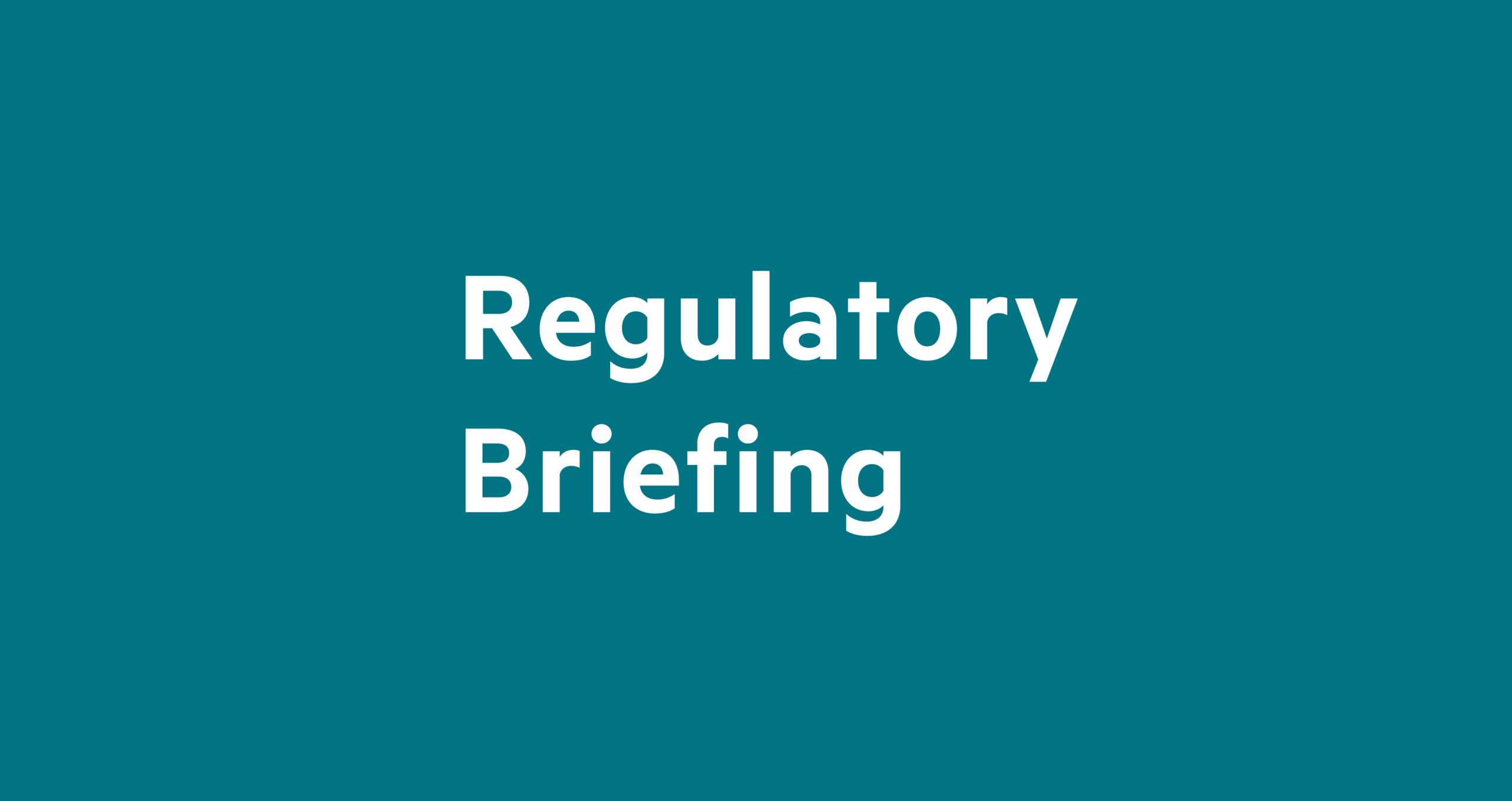
Regulatory Briefing: EU seeks feedback on ESG reporting drafts

EU advisory group Efrag has opened a public consultation on the reporting standards part of the Corporate Sustainability Reporting Directive, which captures about 50,000 companies in Europe. Listed companies and any company with more than 500 employees would be subject to the reporting requirements.
These are standards that look at each of the three components of ESG, as well as elements that cut across the environmental, social and governance groupings. The consultation seeks views on the implementation of the CSRD and of the European Sustainability Reporting Standards part of the directive, as well as on the adequacy of each disclosure requirement. In addition to reporting obligations, the CSRD also requires the audit of reported information and that this be digitally tagged so that it is machine readable.
The consultation period will run until August 8 and the EU has flagged the first sets of standards to be adopted by October.
For those still not fluent in European ESG-speak, Efrag – the European Financial Reporting Advisory Group – was created over two decades ago as a private association with a public interest mission and the blessing (and partial funding) of the European Commission. Last year, Efrag took on the new role of technical adviser on the CSRD’s reporting requirements. To complicate things further, the proposal have been devised by another body, the Project Task Force on European sustainability reporting standards, also known as PTF-ESRS. (This has handed over its work now Efrag has the structure in place to handle it.)
ESG, EU style. “Like everything else the European Commission does, it’s thorough, complete and… a little bit complicated,” wrote ESG data management software provider Novisto’s Marie-Josée Privyk on LinkedIn.
Double materiality? Of course, the proposals are built on the double materiality principle, which requires to assess both the ESG impacts on the company (for example, physical risks related to climate change and the risks of stranded assets), and the company’s impact on the environment and society.
It also requests information on companies’ value chains, “from the initial inputs into a product or service, in the upstream supply chain, to its downstream delivery to end-users, including ultimate disposal, recycling or reuse for physical products.”
Beyond Europe. Efrag and the European Commission are part of the working group recently launched by the International Sustainability Standards Board to coordinate ESG disclosure standards across jurisdictions, and which also includes the US, UK, Japan and China. The ISSB chair Emmanuel Faber emphasised the importance of coordinating with the EU in this space as he announced the working group last week.
Is coordination always a good thing? Some investors privately shared concerns on the involvement of the US in the working group, as they fear that its traditionally more contentious approach to sustainability may water down ISSB reporting. This may not sway the EU’s work – but could it lead to a stubborn regulatory asymmetry between Europe and the US?
Similar Articles

Beware the ‘financialisation of the forest sector’

High Court rules, again, against UK government climate plans


